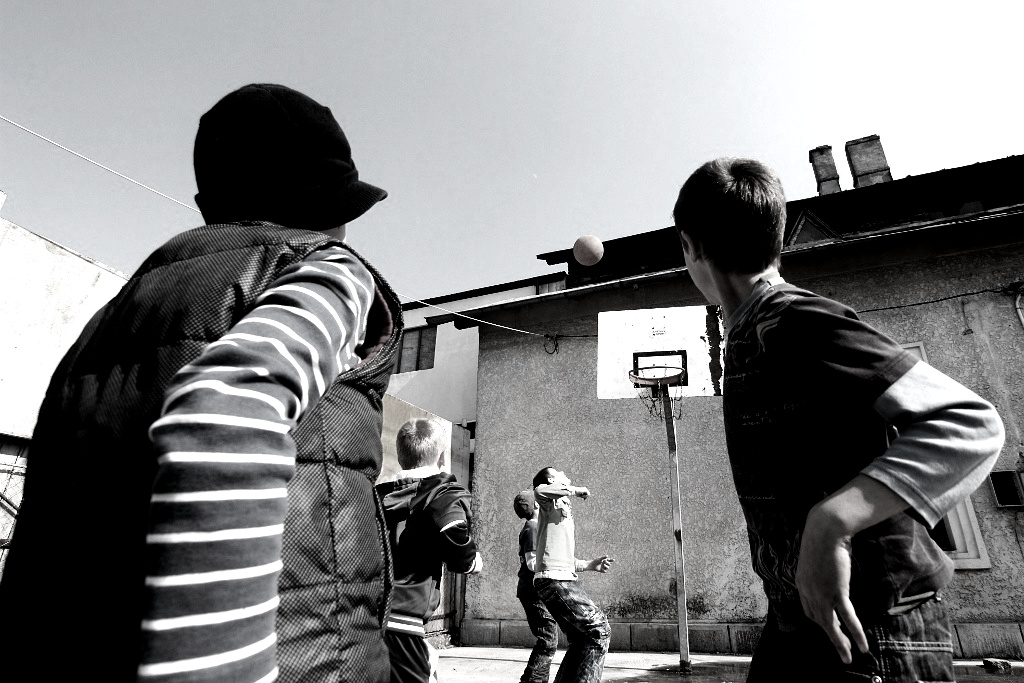Assistant professor in informatics, information architect, designer, piano player, author.
Horse Ebooks and the Death of Music
A word of warning: this is not a post on digital books about horses or for horses, no. Not even on death metal bands with Saxon-sounding names. I understand some of you might just be a trifle disappointed (on both accounts, this being Sweden after all), but I’d rather share a few observations on ownership and authorship spurn by a recent article titled “Literary Parkour: @Horse_ebooks, Jonathan Franzen, and the Rise of Twitter Fiction”, published a few days ago in Bill Simmon’s Grantland. I can promise this is much better than me trying to explain horses.

The story begins with a Twitter account aptly named @horse_ebooks, anyway. Thought to be a bot, that is, a piece of software spewing out tweets by means of some secret algorithm, @horse_ebooks has been recently found to be an experiment in writing fiction led by two actual, factual human beings. To the dismay of many, I might add.
In that Grantland article, Alena Smith (@miscelanyous) discusses the implications of the account’s success and how understanding its medium, clearly different from a book, made it not only believable (as a bot), but thoroughly enjoyable. @horse_ebooks wasn’t really telling a story, but rather engaging its audience and allowing others to create their own stories and meanings.
The article is a great read, but while anything with parkour in the title deserves at least a little attention, the emphasis placed on literary creation dims what is (from my perspective) the most interesting take away in discussing @horse_ebooks and Frenzen’s battle with social media in general and Twitter specifically: the uneasiness that comes with the visible shift from authorship to conversations, from central control to remediation, the alternate and complementary strategies of dismissal or denouncing as a threat, and the impact this has on society. I mentioned in a previous post that products are services, but it does not end there: users, customers, consumers, actors, you choose the name, are also producers. They are wranglers, as Bruce Sterling called them back then in 2005 in his “Shaping Things”: actively remixing, creating and harvesting content and meanings, just like those who fell for the one-trick horse and built narratives out of @horse_ebooks disconnected one-liners. This is what this is all about. Facebook, or Blocket, are only possible because we provide the goods that they use to fill up their empty scaffolding. If you think this is some kind of bad news, consider that within the realm of traditional media this is what gave us reality tv.
These narratives, literary in nature and quality or not it really does not matter, are only possible in a scenario which is radically different from the authorial context that people like Frenzen are used to consider. Frenzen approaches Twitter and social media from the perspective of a published writer who simply does not get what the fuss is all about. As Smith correctly points out in her article quoting French philosopher de Certeau, he is taking a vantage point and trying to oversee Twitter in its entirety, like observing New York from the top of a skyscraper. This way, he misses the trees for the forest: he sees streets and walls and boundaries, the structure placed there to constrain, but he completely misses the crowd freely criss-crossing their individual paths through the city. Where others see a thriving multitude of voices, he sees abysmal dumbness and panoptical surveillance. Which of course are there, both the dumbness and the risk of surveillance. From this perspective Twitter is a human artifact, certainly no different than anything else. We have plenty of both permeating our social structures, as the NSA case has clearly demonstrated.
The shift from author/reader to conversing peers is totally lost to Frenzen: the very idea that judging Twitter that way is, say, akin to judging a book by its visual effects or by its interactivity, and hence not only unfair, but ludicrous, does not seem to be there at all.
A similar vibe is clearly discernible in David Byrne’s recent piece for the Guardian on how the Internet (better, music streaming services) will be the death of music. Byrne is honest. He paints a dire picture in which the Spotifys and Pandoras of the world will in the long run force musicians to find some other jobs, but states also that he has no solution to offer. Still, Byrne as much as Franzen doesn’t seem to see the tide coming. What he really means there is that streaming seems to suggest to him we are approaching the death of music as we know it, that is, a specific business model for music production and consumption, and the one that Byrne has interacted with for the length of his career. He just happens to think this is the harbinger of doom, which is legitimate, but a trifle shortsighted.
There is nothing necessary in the idea of the recording industry as it is. Rather, its business model is a legitimate product of the 20th century and its industrial processes: streaming services are simply early instantiations of different business models, more in tune with this century. Unsurprisingly, peer-to-peer, another favorite for the crown of most despised innovation of the century, has something to do with them with a rather interesting frequency. Both labels and artists will have to either adjust (or adjust the process), or they will definitely be out of work. It’s not going to be the first time that something like that happens: if not unlike Frenzen you don’t appreciate comparisons to Luddites, let me tell you that scribes were not that happy about the printing press, and neither were blacksmiths when bicycles came along. It seems we still read books. And last time I checked horses are still around. Scribes, on the other hand, are hard to find and paid their weight in gold, I’m told.
And this is where it makes little sense to argue with the Frenzens and the Byrnes. On the specifics, I agree. In tactical terms, they are right. Short-sighted, but right. Twitter does not make sense if my perspective is shaped and informed by the filter first, publish second lens of traditional authorship. My maternal grandmother never got to understand television either. Streaming is impacting individual sales of songs. So did the phonograph, right? Some jobs could go extinct, or end up somewhere in the shallowest parts of the long tail, which might not be a bad thing at all. But music? Writing? They were with us before publishing houses and record labels. In strategic terms, this is a paradigmatic shift: not only from products to services, but from authors to conversations. It doesn’t mean we shouldn’t be concerned, or vigilant, that we shouldn’t design better processes or work out socially acceptable compromises, but proclaiming that the end of times and the second coming of Cthulhu are nigh is a tad too much on the apocalyptic side of things.
This is what pseudo-modernity is all about. This is a world where peer-to-peer communication, literal or socially constructed, is redefining authorship, ownership, and control. It’s the shift that is taking us from 1978 and John Carpenter’s Halloween to 1999 and The Blair Witch Project: can you name the director? Remember any of the actors? Unless you are really into movies or horror, chances are you don’t. And that’s fine, you are not supposed to. That was not its narrative.
As Smith reports, de Cerneau wrote in his “The Practice of Everyday Life” that “(t)he ministers of knowledge have always assumed that the whole universe was threatened by the very changes that affected their ideologies. They transmute the misfortune of their theories into theories of misfortune.” I prefer to think in terms of opportunities. One door closes, another opens. What about you?
Detta är en bloggtext. Det är skribenten som står för åsikterna som förs fram i texten, inte Jönköping University.





